Endocrinal dysfunctions. Thyroid Cancer Symptoms, Diagnosis and Treatments

Endocrinal disorders or dysfunctions include Endocrine gland hormone deficiency, excess and tumors. Endocrine disorders are complex, and demand high level of expertise and supervision of each patient. For example, hyperthyroidism is associated with thyroid hormone in excess of low. Endocrinal Disorders include adrenal disorders, glucose homeostasis disorders, thyroid disorders, Calcium homeostasis disorders, metabolic bone disease, and others.
The thyroid cancer has emerged as a major cause of concern around the world. Especially, papillary and follicular thyroid cancers, the most common type of thyroid cancers seems to be on the rise. In 2012, about 230,000 women and 70,000 men were diagnosed for thyroid cancer. If the trends continue, the fourth most common cancer will be thyroid cancer, by 2030 in the United States. It is found that, the mortality rates have been steadily declining in most areas of the world, 6ÛÒ8 likely due to improved diagnosis, management and treatment of the disease.
Papillary carcinoma i.e., the most frequent histotype in (young) women has over 98% five year survival rate in Europe or North America, resulting in comparatively low mortality rates. The first signs of thyroid cancer include, hoarse voice, neck pain, and enlarged lymph nodes. However, not all enlarged nodules are malignant (cancerous), as majority of them are benign (non-cancerous).
The common thyroid cancers such as, papillary and follicular thyroid cancer are curable. The lobe of the thyroid that carries cancerous cells has to be removed for higher cure rate. The surgical removal of cancerous cells of the thyroid is followed by chemotherapy. This helps in complete removal of cancerous cells from the body. Radioactive iodine administered to the patient gets concentrated in the remaining thyroid cancer cells, to destroy the cell from within.
This benefits the patient as no sickness, hair loss, nausea, diarrhea or pain. However, patients with medullary thyroid cancer usually do not need iodine therapy. The thyroid treatment process is very elaborate.
- First, a biopsy of the thyroid gland is done. A needle inserted into thyroid nodule helps to ascertain whether the thyroid cells are malign or benign. If found to be malign the pathologist decides the type of thyroid cancer.
- Second, the entire thyroid is surgically removed, and followed by radioactive iodine treatment. Later, thyroid hormone pills are prescribed, with one pill a day for the rest of the patient’s life. This complements the body’s inability to produce thyroid hormone. The thyroid hormone dosage is decided by the endocrinologist, after thorough blood tests every six months.
The good news is that, thyroid cancers are completely curable. However, following the prescribed treatment regime of radioactive iodine and thyroidectomy is vital and indispensible to keep thyroid disorders under check.
The Centre for Endocrinology at Yashoda Hospitals Hyderabad offers the most comprehensive treatments for thyroid disorders and dysfunctions – hypothyroidism, hyperthyroidism, thyroid nodules and goiters, or thyroid cancer. The Centre achieves complete collaboration among experts from a variety of specialties.
We have recognized expertise in thyroid ultrasound, novel diagnostic markers, genetic evaluations of thyroid cancer patients, complex and re-operative surgeries. Importantly, for each thyroid cancer case, we develop a personalized treatment plan with an assurance on the best possible outcome and quality of life.
Read more about thyroid problems, symptoms, causes and treatment.


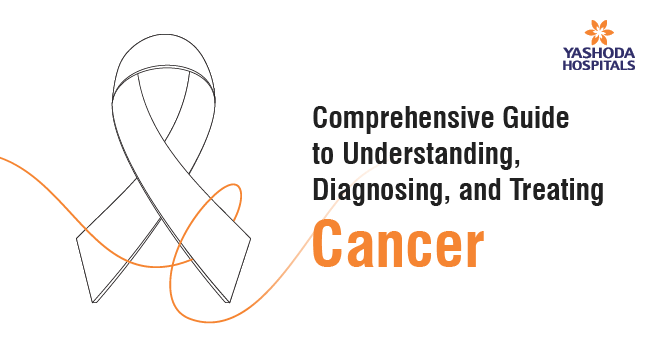
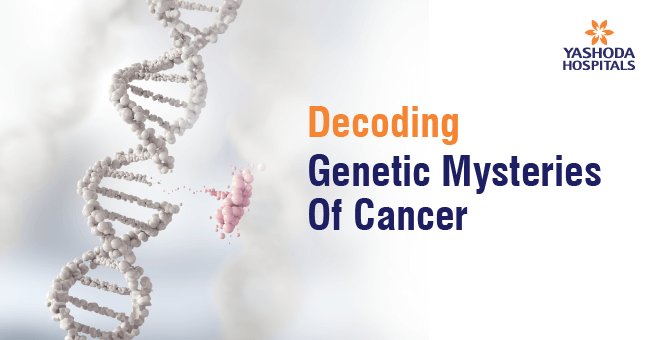

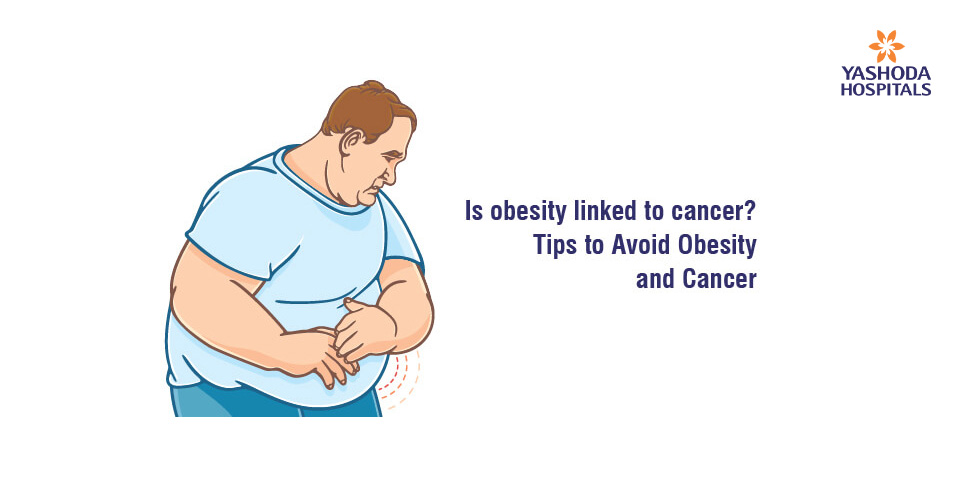
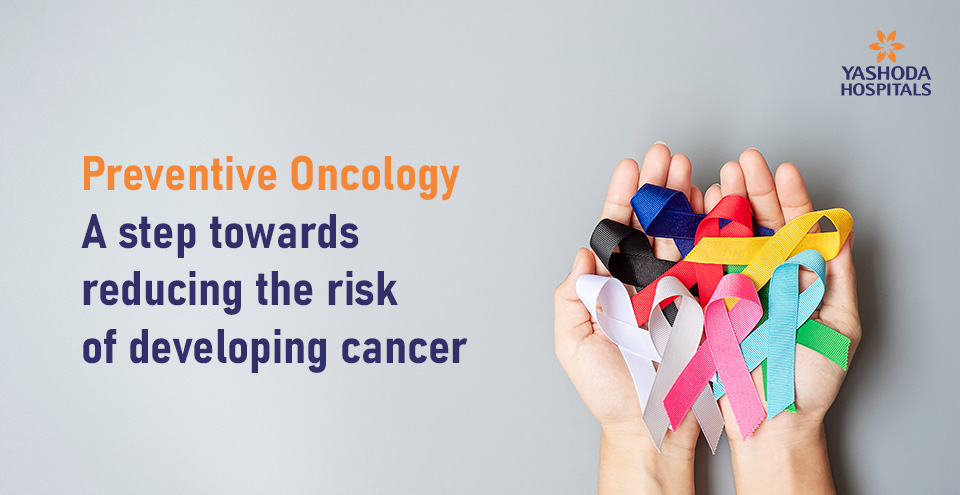
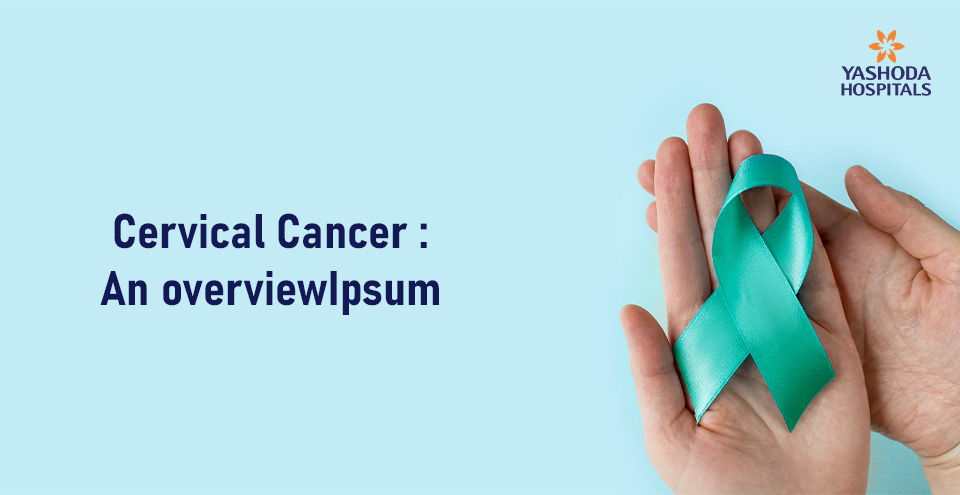
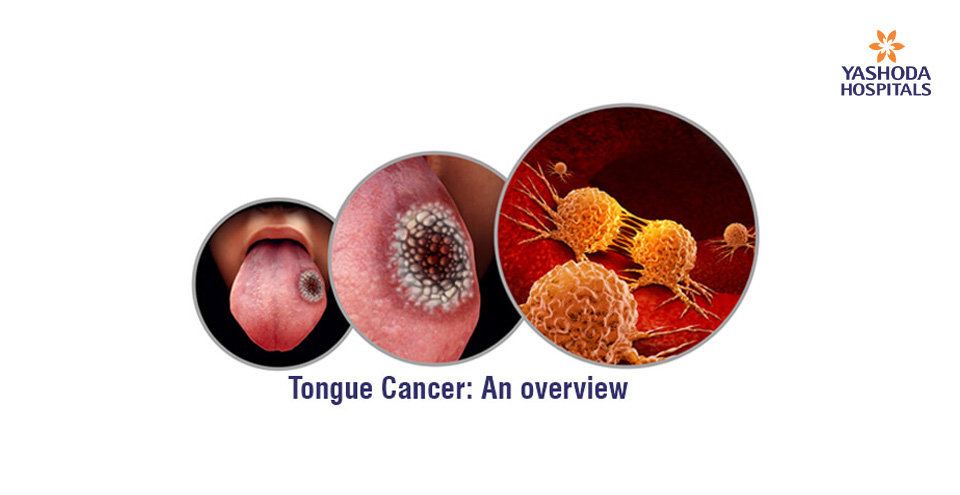
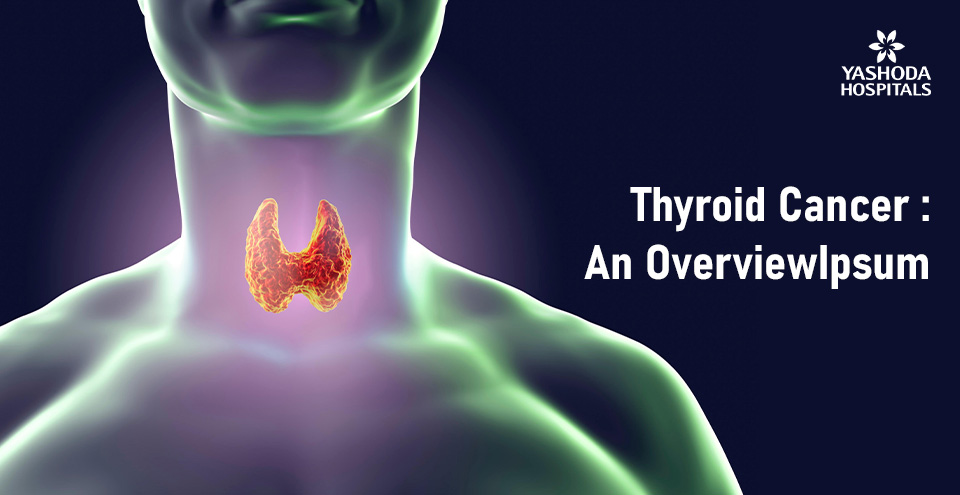
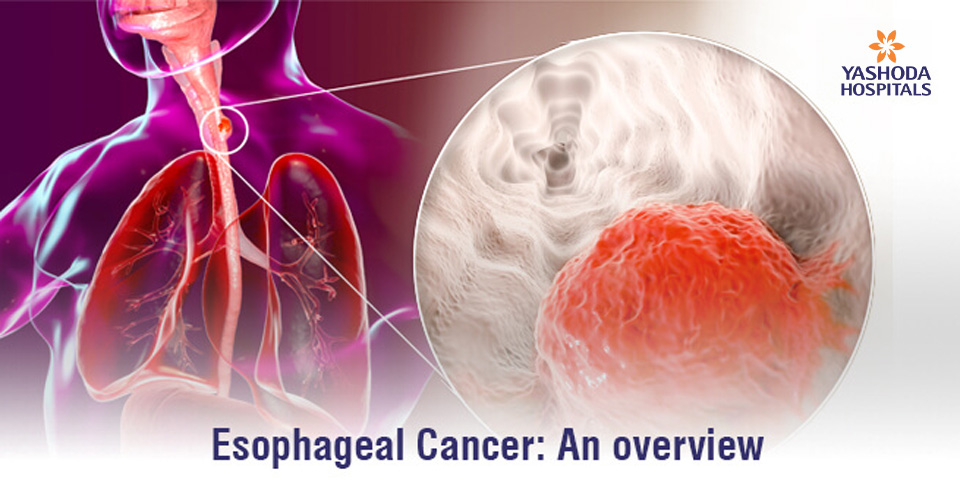
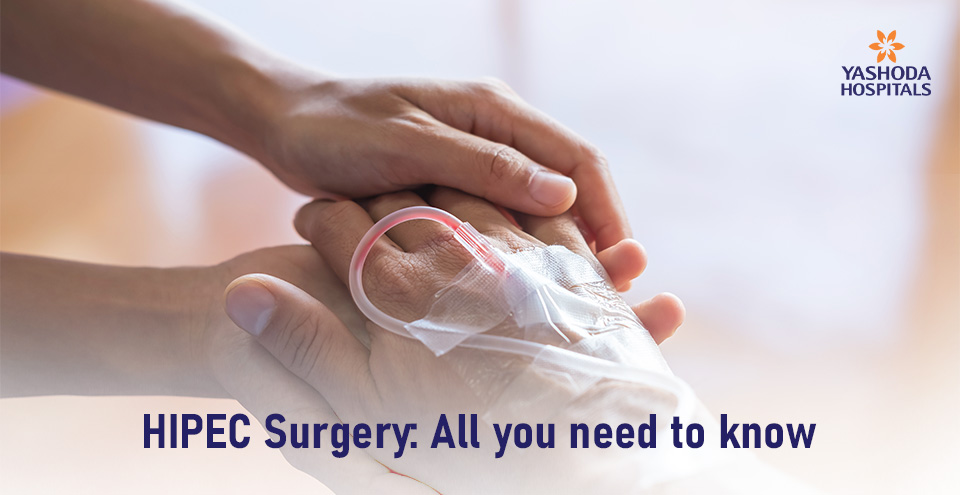
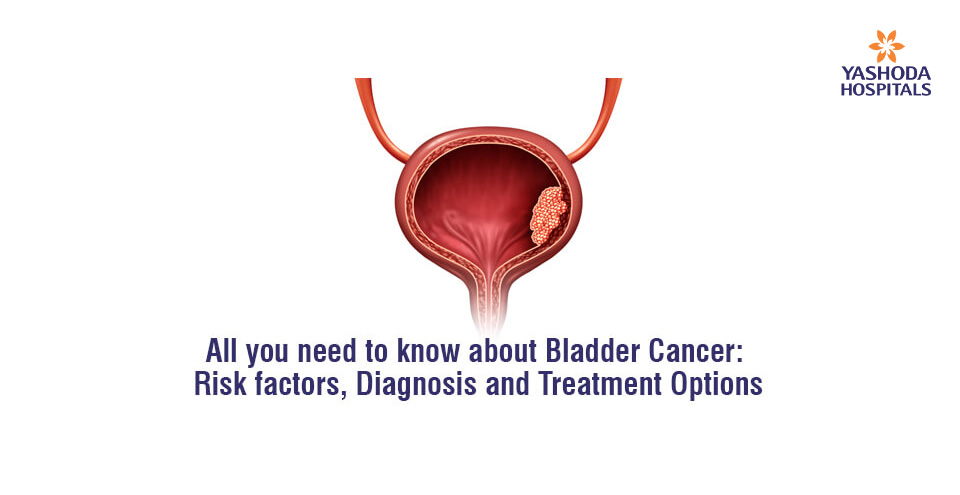





 Appointment
Appointment WhatsApp
WhatsApp Call
Call More
More

